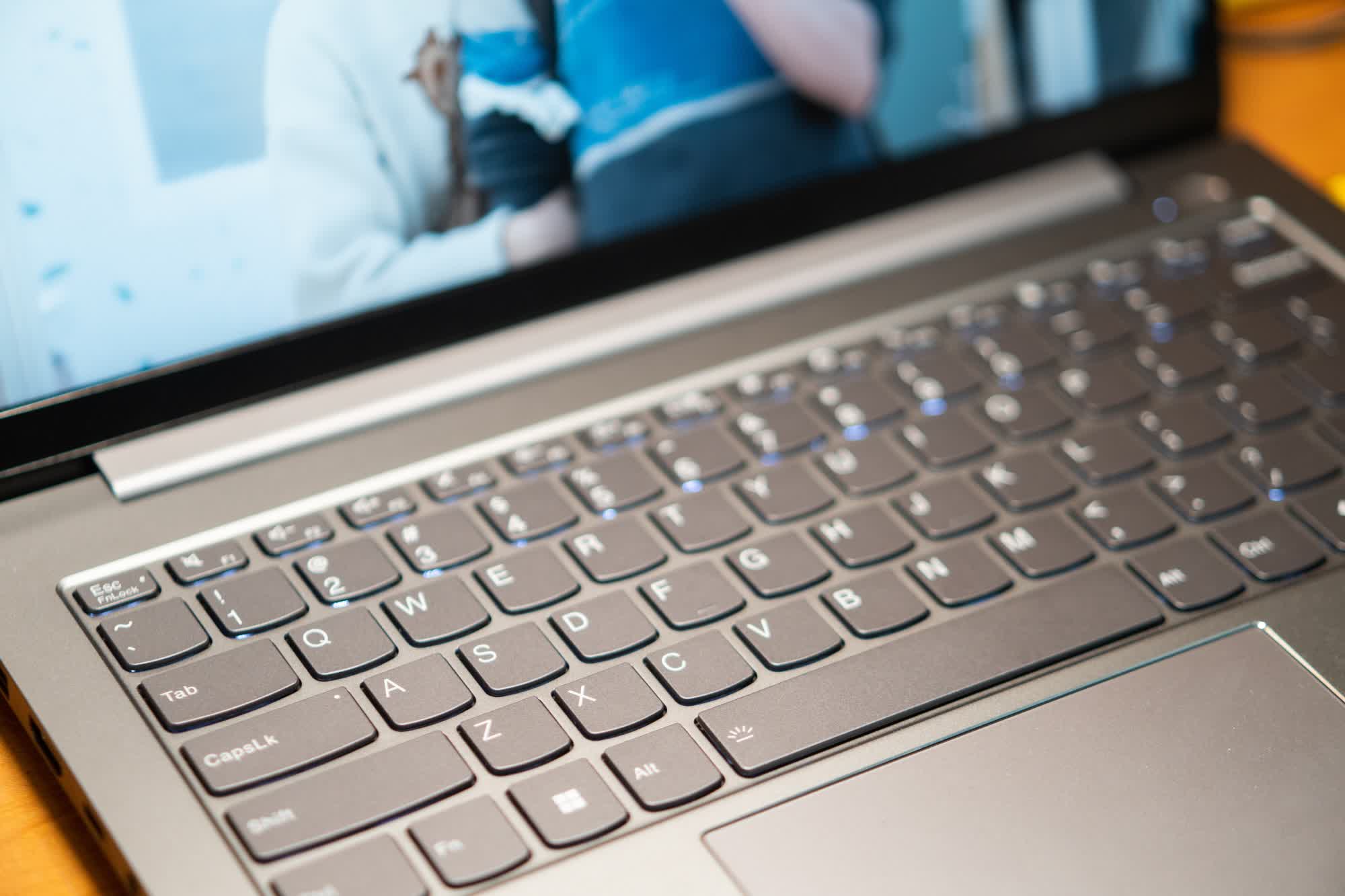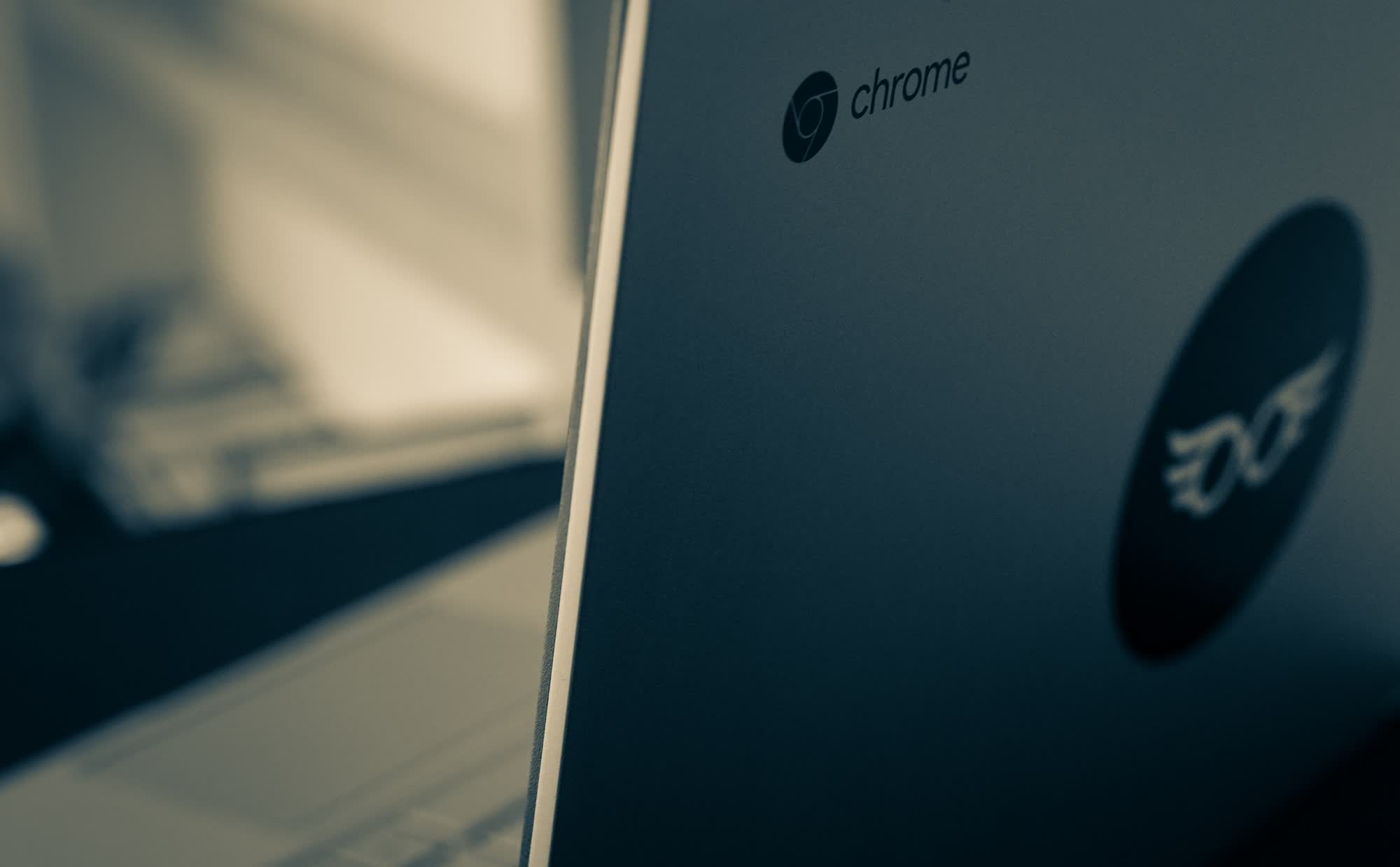The big picture: Lenovo finds itself between a rock and a hard place as it relates to Chromebooks, and there doesn't appear to be a cut and dry solution to the situation. During a recent speaking engagement at Canalys Forum in Bangkok, Che Min Tu, Lenovo's senior VP and group operations manager, said everyone struggles to sell Chromebooks.
"I don't know who makes the profit," the executive added.
Tu further noted that the low-cost laptop isn't great for the environment, either, as recycling it won't be easy or cost efficient. Regardless, Lenovo has no plans to pull out of the market. Tu said they will continue to manufacture the Google-powered devices because the demand is there.
Last month, IDC said Chromebook shipments slid 20.8 percent in the third quarter compared to the same period a year earlier. To clarify, the demand Tu spoke of is mostly coming from the education sector. Canalys estimated earlier this year that four in five Chromebooks sold in the US in the second quarter went to students.

Like Chromebooks, tablets have struggled as of late. Slate shipments dipped 14.2 percent year over year in Q3 and don't have the education sector to fall back on. That said, far more tablets are being shipped on a quarterly basis compared to Chromebooks – 33.2 million in Q3 versus just 3.5 million Chromebooks during the same period.
Still, tablets find themselves in an awkward position between traditional PCs and smartphones.
The Lenovo executive also touched on the forthcoming AI PC revolution, noting that the first Arm AI PCs should start to appear by mid-2024. Microsoft could help spur the movement with the introduction of Windows 12, expected as early as next June. The AI PC ecosystem will take time to grow, however, and consumers will have to adapt to everything that AI PCs can offer.
Don't expect AI PCs to supplant smartphones, either. Instead, Tu predicts that mobile phones – including foldables – will be "very, very important" in the AI PC era.
Image credit: Kind and Curious, Shawn Rain
